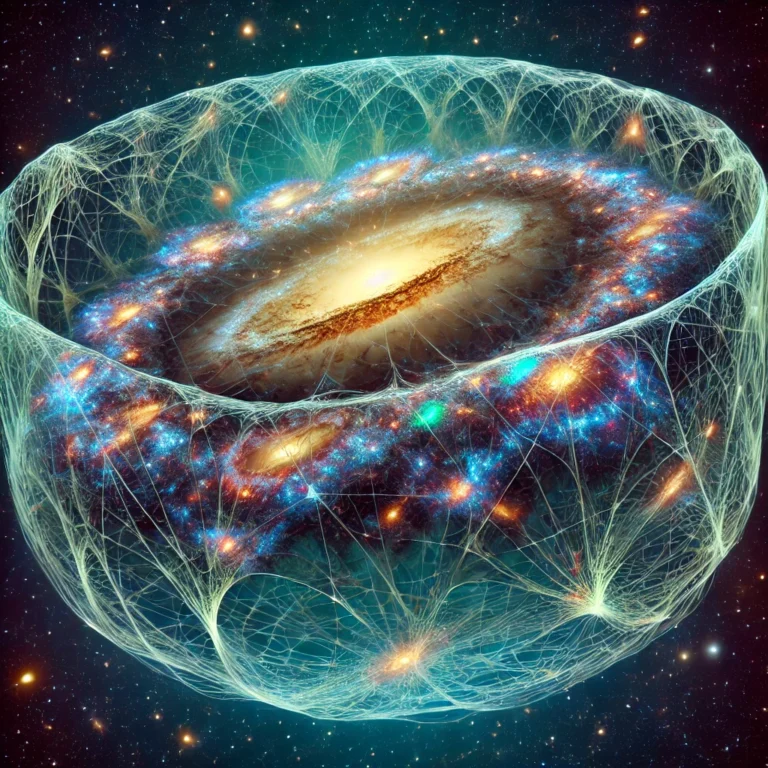Photo by Jeremy Perkins on Unsplash
Black holes are among the most mysterious and fascinating objects in the universe. They bend space, warp time, and challenge our understanding of reality. One of the strangest things about them? Time actually slows down the closer you get to one. But why does this happen?
⏳ Time Isn’t What You Think It Is
We often think of time as something that ticks forward at the same rate for everyone, everywhere. But that’s not quite true. According to Einstein’s theory of General Relativity, time and space are part of a flexible, interconnected fabric called spacetime. This fabric can be stretched and curved by the presence of mass and energy.
The more massive an object is, the more it warps spacetime around it. And black holes? They’re the ultimate spacetime warpers — incredibly massive objects packed into incredibly small spaces.
🌀 Gravity and Time Are Linked
Here’s where it gets wild: the stronger the gravitational field you’re in, the slower time passes for you compared to someone farther away. This is called gravitational time dilation.
Near a black hole, gravity becomes so intense that time can slow dramatically. To an outside observer, someone falling toward the black hole would appear to move more and more slowly as they approach the event horizon — the point of no return. From that distant point of view, the person would never quite cross it.
🔭 What Would You Experience?
If you were the one falling toward the black hole, you wouldn’t notice time slowing for yourself — your watch would tick normally, your thoughts would flow at a regular pace. But to someone watching you from far away, you’d seem to slow down and eventually freeze at the edge.
This effect has been confirmed by extremely accurate atomic clocks on Earth and in satellites. In fact, GPS satellites have to account for time dilation caused by both gravity and their speed through space — otherwise, they’d give us the wrong location data!
🕳️ The Ultimate Time Machine?
In a sense, black holes are like natural time machines — not ones we can use (yet), but they reveal how flexible time really is. If you could somehow hover just outside the event horizon of a black hole and then return to Earth, you’d find that more time had passed on Earth than for you. This is a real consequence of physics, not science fiction.
🌌 Final Thought
Black holes stretch our imagination and show us that time isn’t as fixed as we once believed. In their powerful grip, the universe reveals one of its deepest secrets: time is relative — and nowhere is that more clear than near a black hole.


